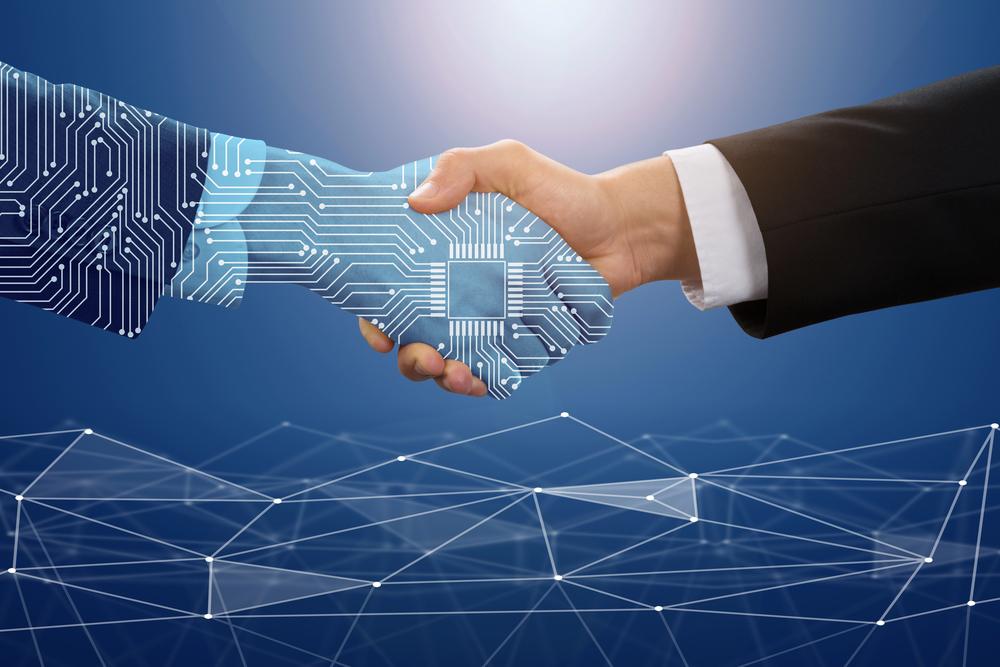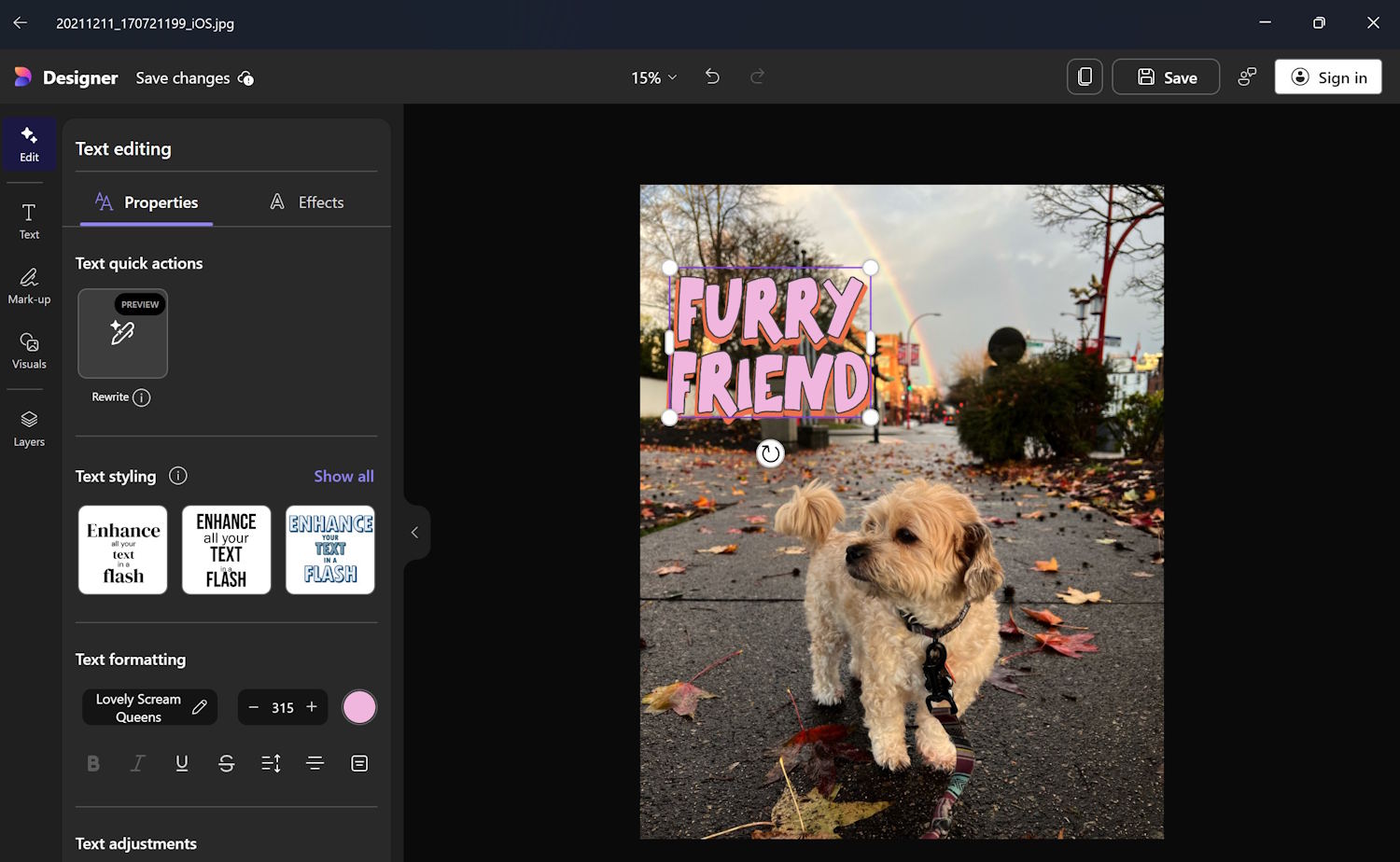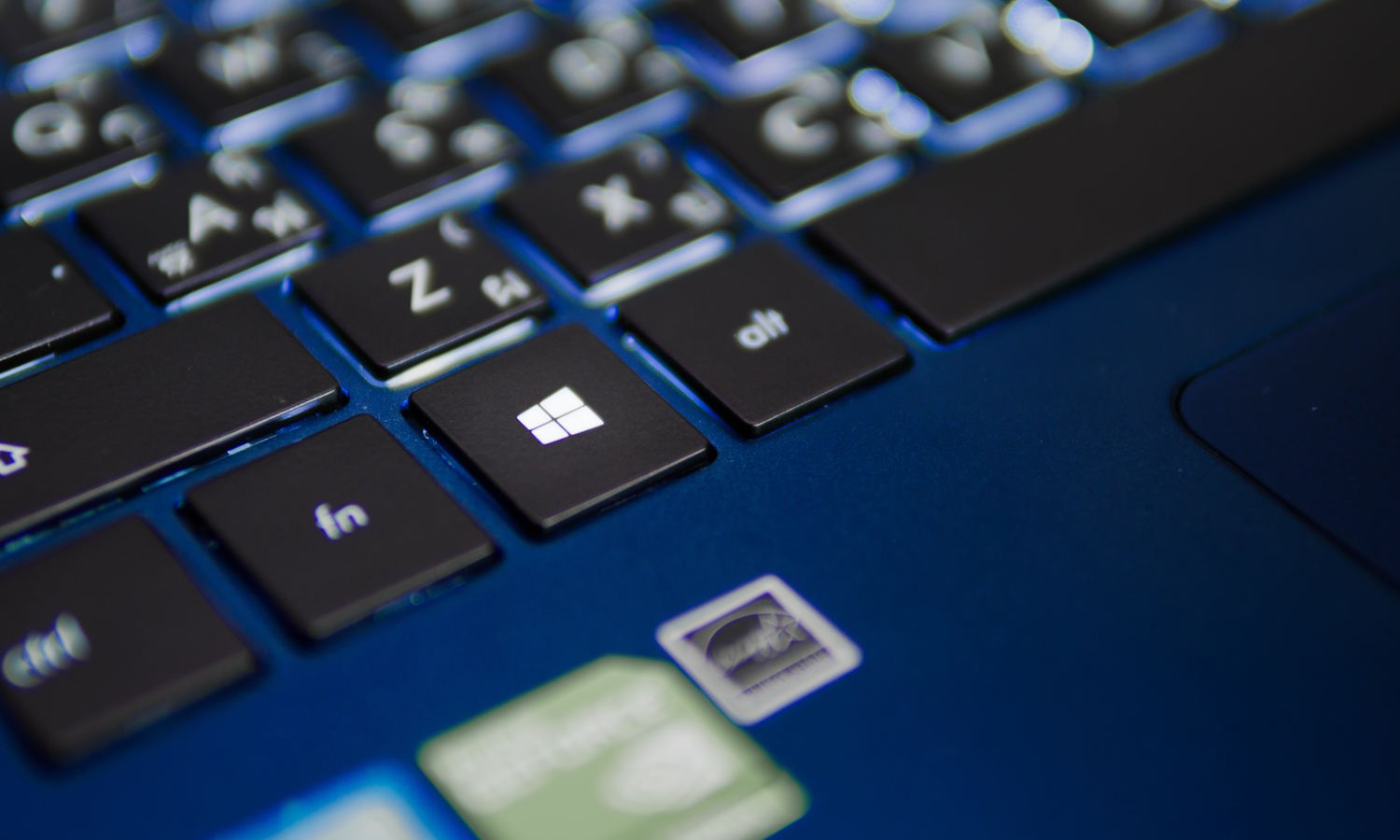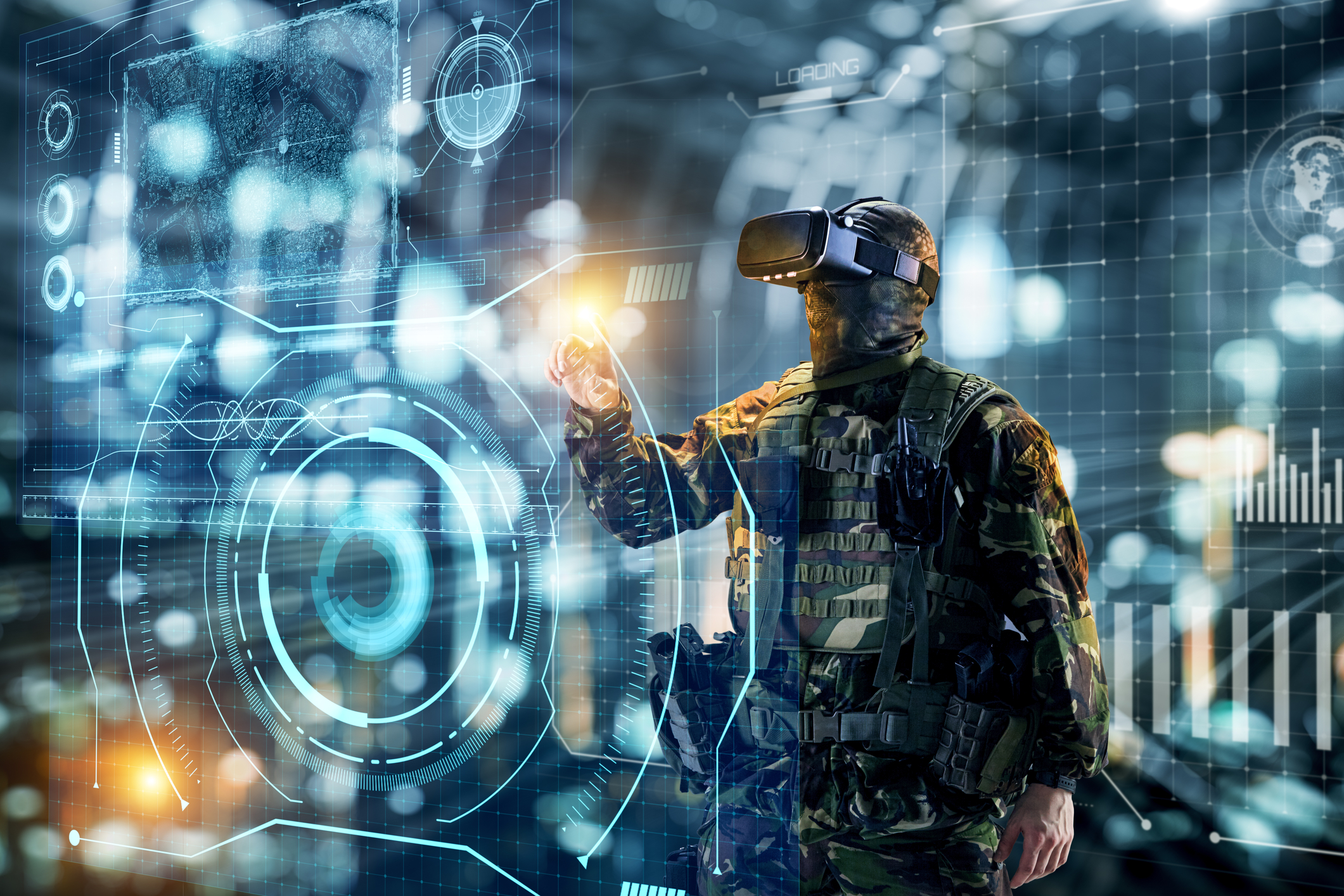
Microsoft is making Copilot+ experiences available to more systems, and that’s great news for accessibility
When talking about AI in general -- including Copilot -- the focus tends to be on the impressive time-saving capabilities and futuristic features. What is often overlooked is the potential for artificial intelligence to improve accessibility.
But this is exactly what Microsoft is doing with the features it has for Copilot+ PCs. And now the company has made many of the Copilot+ experiences available to a wider range of processors, so systems with AMD Ryzen AI 300 series, Intel Core Ultra 200V and Snapdragon X Series chips can feel the benefits. There are huge advances in accessibility to be explored.

Agentic AI might take years to transform security, but cyber defenders must prepare now
For the past two years, the world has been swept up in a rising tide of GenAI hype. The technology has evolved from a data science curiosity to a pervasive part of our everyday lives. ChatGPT alone has over 300 million weekly users worldwide -- and people use Large Language Models (LLMs) every day to generate text, images, music and more.
Despite GenAI’s widespread success, difficulty in developing robust applications that make use of trustworthy AI systems has proven difficult. This is most clear when noting the delta between consumer-facing GenAI applications relative to B2B integration of GenAI. But, with agentic AI this is about to change.

Exploring the security risks underneath generative AI services
Artificial intelligence has claimed a huge share of the conversation over the past few years -- in the media, around boardroom tables, and even around dinner tables. While AI and its subset of machine learning (ML) have existed for decades, this recent surge in interest can be attributed to exciting advancements in generative AI, the class of AI that can create new text, images, and even videos. In the workplace, employees are turning to this technology to help them brainstorm ideas, research complex topics, kickstart writing projects, and more.
However, this increased adoption also comes with a slew of security challenges. For instance, what happens if an employee uses a generative AI service that hasn’t been vetted or authorized by their IT department? Or uploads sensitive content, like a product roadmap, into a service like ChatGPT or Microsoft Copilot? These are some of the many questions keeping security leaders up at night and prompting a need for more visibility and control over enterprise AI usage.

Beyond traditional metrics: How to redefine AI success
In the past year, AI made great strides in moving past hype, so much so, that it’s hard to recall the early days of AI when the initial value of the technology was questioned. Today, as AI initiatives start to deliver widespread returns, enterprise CIOs are faced with competing forces of driving down core IT costs, while investing heavily in AI to drive business transformation.
A recent study of 2,400 IT decision makers, commissioned by IBM and developed with Lopez Research, underscores this optimism. The findings reveal that the vast majority of companies are making headway on their AI strategies, with nearly half already reporting positive financial returns from their deployments. The cost benefits have been especially pronounced for organizations using open-source AI tools -- 51 percent of surveyed companies harnessing open-source solutions reported seeing positive ROI, compared to just 41 percent of those that are not.

Would AI super agents mean goodbye to apps as we know them?
In the Western world, we now have an app for everything. Shopping, banking, gaming, and even controlling the temperature in your home - you name it, there’s an app for it. The iOS app store began in 2008 with 500 apps, yet, now there are over four million apps available across iOS and Android platforms. Each of these apps serve individual needs and consumers have learnt to ignore the digital clutter in favor of app loyalty.
Asia went the opposite way. Instead of narrow-purpose-built apps, they built the 'everything app' long before Elon started dreaming about it with platforms like Paytm, Grab and WeChat. But what would it take for the West to catch up? AI super agents might be the answer to that one.

IT teams, don't fall behind the AI curve
In the new age of AI, companies are looking for ways to integrate the groundbreaking technology cross-functionally to enhance efficiency, innovation and inform decision-making. Like any business department, IT teams are eager to learn how AI and automation can help alleviate more of the menial and burdensome tasks that consume large portions of their workday.
IT professionals are overworked, burnt out and feeling increasing pressure to do more with less. According to a recent survey of IT professionals, 78 percent reported that work stressors are preventing them from upskilling, and 44 percent said their workload is outweighing their ability to be productive. AI and automation can significantly help alleviate these burdens, but they must be implemented strategically and securely.
New ‘Share screen with Live’ option appears in Google Gemini so the AI assistant can view your screen and see through your camera
AI-powered digital assistants are now (almost) ten a penny, and the rate at which they are gaining new capabilities is nausea-inducing. Google Gemini has long been able to make use of screen grabs as a prompt or part of a prompt, but now things are moving up a notch.
Some Gemini users are starting to notice a new “Share screen with Live” option on their devices. This goes far beyond the ability to analyze and use static screenshots, enabling Gemini to track what is on-screen in real time -- including user activity and what is picked up by the camera.

Huge Microsoft Photos update adds amazing new web search with OCR-extracted text feature and makes AI options easier to access
Microsoft Photos is something of an unsung hero of the Windows app family. It is an astonishingly useful and powerful tool that Microsoft keeps quietly updating on an irregular basis. The latest update has just landed, and it’s a biggie.
We’ve already seen the addition of OCR capabilities to Microsoft Photos so in-image text can be easily copied; this has now been extended to include the option to search the web with text that has been extracted. But this is far from being the only change in the latest update.

Microsoft is resurrecting a handy keyboard shortcut in Windows
There are several keyboard shortcuts that are seared into the minds of computer users, and they are turned to unthinkingly to speed up common tasks. But there are also keyboard shortcuts whose function has changed over time, with Win + C being a prime example.
Over the years, this particular shortcut has served as a way of accessing Cortana (remember that one?), launching Teams, and -- most recently -- for triggering Copilot. Win + C was killed off with Microsoft’s push of Copilot, and the arrival of the dedicated Copilot key on some new keyboards. Now there is some good news for people who either don’t use Microsoft’s AI-powered digital assistant, or would like to put the shortcut to better use.

Gmail search gets worse as Google forces AI powered results on users
Google is once again injecting AI where it doesn’t really belong. This time, sadly, it’s Gmail search -- something many of us use often. The search giant has started rolling out a change that sorts email search results by “most relevant” instead of the usual chronological order, and to be honest, it feels more like a nuisance than a helpful upgrade.
According to Google, this new AI-powered system will take things like recency, click behavior, and frequent contacts into account when surfacing results. In theory, that sounds useful. In practice, however, it will probably just bury what you’re actually looking for under a pile of algorithmic guesses.

Microsoft brings Copilot back from the dead after accidentally nuking it
Copilot remains a divisive addition to Windows, so there was a mixture of jubilation and despair when Microsoft released updates for Windows 10 and Windows 11 that had the unintended side effect of deleting the AI-powered digital assistant.
At the time, Microsoft acknowledged the accidental deletion and unpinning of the app and suggested Copilot fans manually download and reinstall the app while it worked on a proper fix. Now the company says it has things sorted out -- to the delight or chagrin of those affected.

How startups are redefining conflict
Conflict, like everything else these days, is now shaped by technology. The old model -- industrial-scale production, multi-decade procurement cycles, and the primacy of sheer manpower -- is fading. In its place something faster, leaner and more precise is emerging. Small teams with energy, ambition and good ideas now do in months what legacy contractors once did in years. In Ukraine, for example, drones built by startups and programmed by engineers barely out of university, are destroying tanks worth millions of dollars. The battlefield is changing. And with it, so is the balance of power.
A modern conflict, then, is not won by the biggest army. It’s won by those who can see first, move first, and strike first. This is the reality that some countries in some regions have been slow to grasp. I am a German citizen with friends in the force who have witnessed this first-hand. Their systems are bureaucratic, their procurement cycles sluggish. In a world where technology evolves in real time, they cannot keep pace. And after decades of peace, they haven’t felt motivated to do so.

Google Pixel 9a crushes Apple iPhone 16e with smarter AI and a better price
After many leaks, Google’s Pixel 9a is finally here! For anyone not locked into Apple’s ecosystem, it’s looking like the smarter choice over the iPhone 16e. At just $499, it packs AI-powered features, a pro-level camera system, and the powerful Google Tensor G4 chip -- all at a lower price than Apple’s so-called budget offering.
The Pixel 9a isn’t just another mid-range phone -- it’s got some legit flagship-level perks. Its 6.3-inch Actua display is the brightest ever on an A-series phone, hitting 2700 nits, while the 120Hz refresh rate makes for smoother scrolling than the iPhone 16e’s 60Hz screen. Google’s color choices -- Peony, Iris, Porcelain, and Obsidian -- also bring more fun and variety compared to Apple’s standard options.

Google announces new healthcare tools and features, including advice from people with the same symptoms as you
When illness strikes, many people turn to 'Doctor Google' for health advice. While this can be helpful in many cases, searching for symptoms can also throw up some terrifying potential 'diagnoses', but AI has been used to try to avoid providing either fearmongering suggestions or unhelpful advice.
Google is aware that it is often a first port of call for people trying to work out what condition they may have and how to best approach treatment, and the company has announced numerous improvements and new feature to make its offerings more helpful and trustworthy -- as well as starting to provide suggestions from non-medical experts.

Seamless cloud migration: Building an AI-optimized future
Implementing cloud services with AI technologies, such as Microsoft Copilot, is fundamental for IT providers seeking to offer advanced solutions. However, with greater dependence on AI-generated tools to foster innovation and productivity in organizations, the necessity of enabling cloud environments to host these sophisticated capabilities has become paramount.
Their successful integration, however, comes at the expense of having additional investments in computing power, data analytics, and intelligent security solutions that shield sensitive information from unauthorized access. Many companies first need to accomplish a cloud migration to improve the security posture of the infrastructure before implementing AI.
